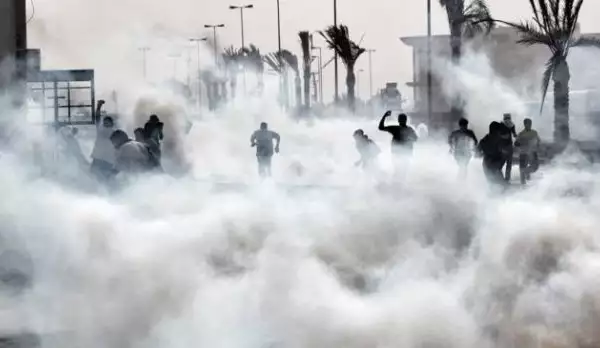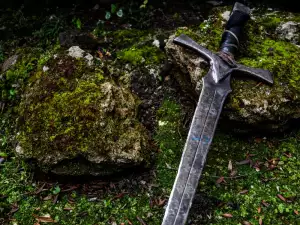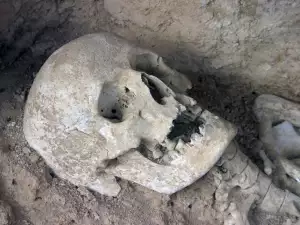War is horrific. It's difficult to say whether military activities are truly necessary or not but the end result is always the same - innumerable human victims and families in ruin.
Man is certainly one of the most brutal and cruel creatures. Throughout the years he has come up with such devastating ways of killing the enemy that it has led to their complete ban in wartime.
These types of weapons are so ruthless that nations worldwide have agreed to never using them again. Below you can see what these are and the horrors they cause.
1. Neuroparalytic Gas
Originally used on a forest, it damages the human nervous system. The gas causes spasms, vomiting, internal bleeding and leads to a slow and painful death in its victims. The weapon's use was prohibited in 1993.
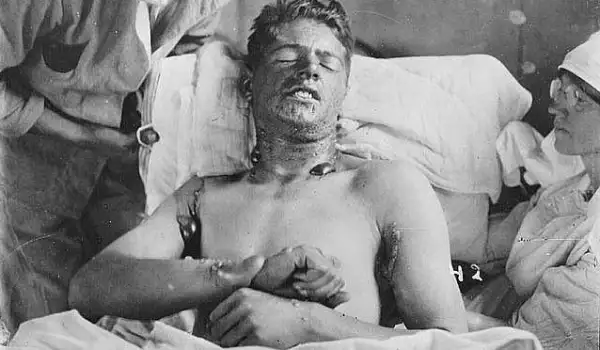
2. Mustard Gas
Also called Yperite, it is a chemical compound that causes the lungs to fill with liquid. Its victims ultimately die from choking. Mustard gas was used in both World Wars. It was banned in 1993 under the Chemical Weapons Convention.
3. Phosgene
Phosgene gas is among the most brutal chemical compounds known to man. It was widely used as a weapon in World War I. Phosgene asphyxiates its victims. Usage of it was prohibited under the Geneva Protocol of 1925. However, today it is still used by some nations in industry - never with the goal of killing.
4. Pepper Spray
Surprisingly, pepper spray is also on the list of prohibited substances in times of war. Back in 1993 it was banned from use in military action. Today, it is widely used by police in dozens of countries on detainees and protesters. There are still nations that oppose the ban and have refused to sign the treaty.
5. Bat Bombs
Technically, they were never banned but their use has been ceased. Bat bombs were tested dropping incendiary bombs over Japan during World War II. In the US, testing went so bad that an entire army air base was set on fire. The military soon abandoned the idea and redirected all their resources toward the atomic bomb project.
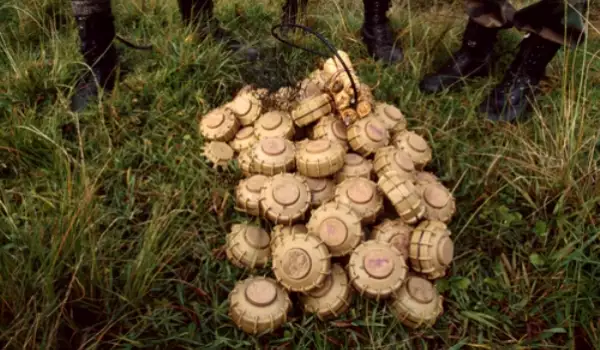
6. Plastic Mines
Plastic and ceramic landmines are nearly impossible to find once a conflict has ended. This leads to terrifying accidents with civilians. As such, plastic landmines were prohibited in 1980 at the Geneva Conventions.
7. Spike Traps
A commonly used weapon during the Vietnam War, these spikes were often coated in poison or fecal matter to guarantee the death of the soldier. They were banned in 1980 along with the plastic landmines.
